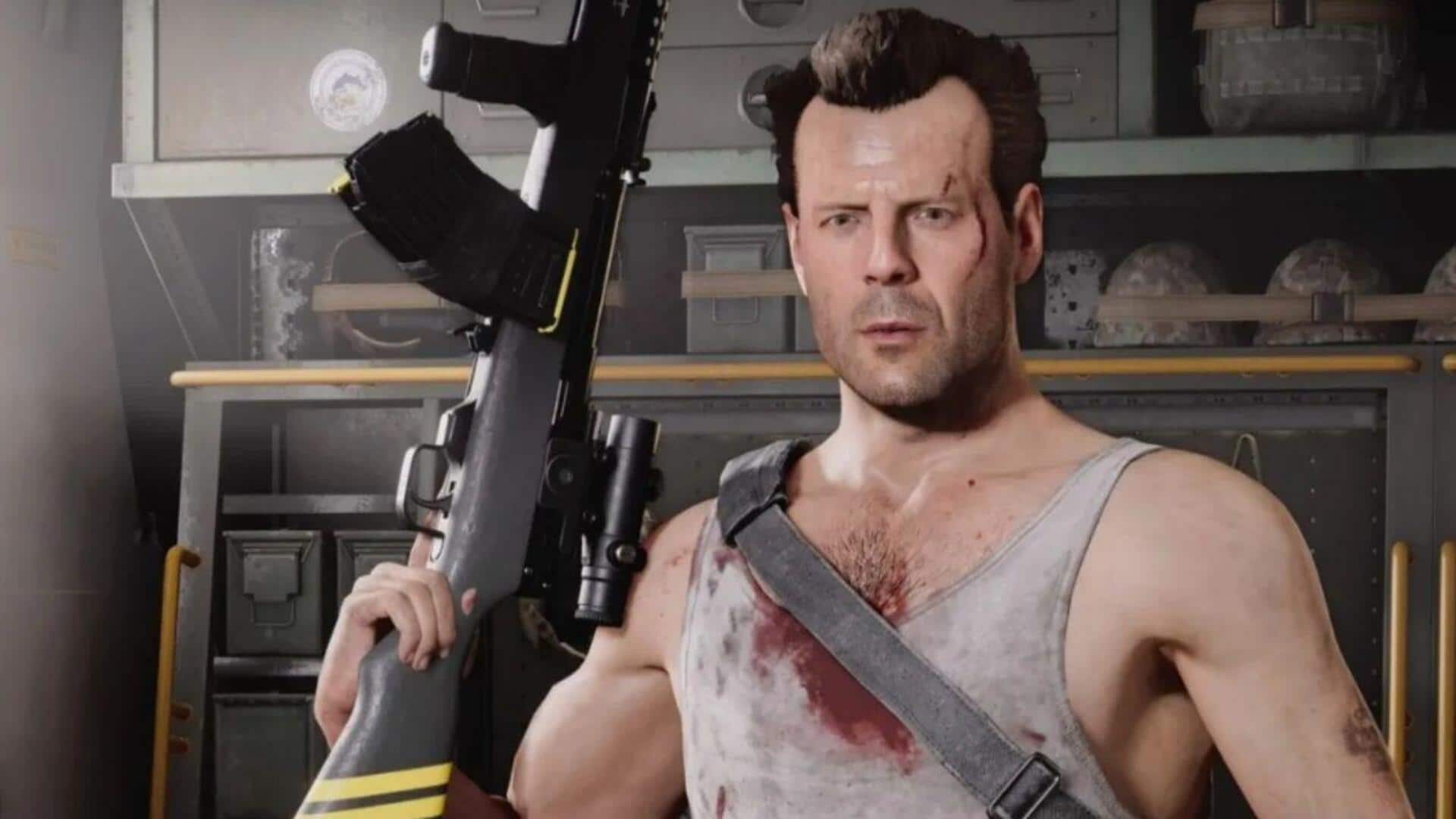
Why John McClane remains the ultimate action hero
What's the story
John McClane, the iconic character from the Die Hard series, has become synonymous with American cinema. Played by Bruce Willis, the transition of McClane from an ordinary cop to an action hero is incredible. The evolution of his character over the years symbolizes the shift in social attitudes and cinematic trends. Here's how John McClane's character progressed through the films, and what made him so popular.
#1
'Die Hard': The beginning of an icon
The first Die Hard film introduced us to John McClane as a relatable everyman, caught in extraordinary circumstances. Released in 1988, it paved the way for action films to come with its perfect mix of suspense and humor. McClane's resourcefulness and resilience were what made him so appealing, and he stood apart from the other action heroes of the era.
#2
Character development through sequels
As the series continued with sequels such as Die Hard 2 and Die Hard with a Vengeance, John McClane's character grew increasingly layered. These installments delved into his demons and insecurities, all the while retaining his bad-ass persona. This development made him relatable, further solidifying his place as an all-time favorite cinematic hero.
#3
Impact on action genre trends
John McClane's legacy wasn't just limited to the film; he helped define trends in the action genre itself. His character focused on realism rather than invincibility, opening the avenue for more realistic heroes in future films. This was something that struck a chord with the audience, who found it relatable to characters who fought their own real-life battles, rather than superhuman ones.
#4
Legacy and cultural significance
Not just moviegoers's continued interest in new installments, the legacy of John McClane lives on through cultural references across media platforms globally. His catchphrases entered the popular lexicon, while elements from his storylines inspire modern filmmakers looking for fresh takes on classic tropes without losing touch with their roots or audience expectations.